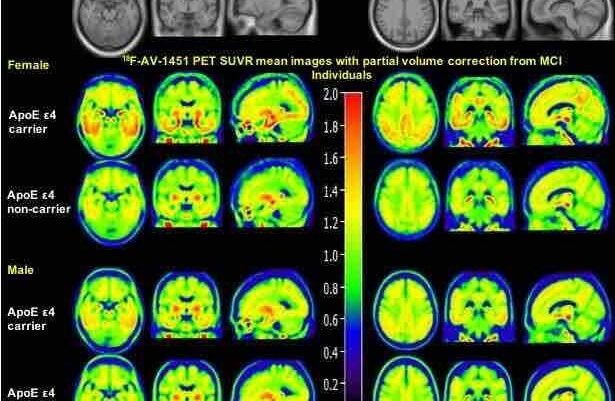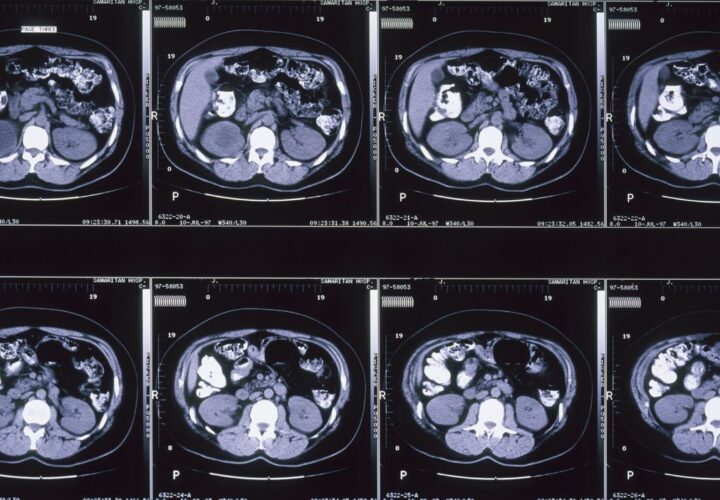The former director of memory care clinic in Ohio was indicted in May 2020 for falsely diagnosing patients with Alzheimer’s. Now she and her husband have been sentenced to prison time.
The science behind Alzheimer’s is constantly developing, but its cause remains elusive and the disease is frequently misdiagnosed. A 2017 study at a hospital in Toronto found that one in ten patients had an incorrect Alzheimer’s diagnosis; other studies have found the figure to be closer to two in ten. This is one compelling reason to seek a second opinion, and with the rising profile of a medical scandal in Toledo, Ohio, we get a bold reminder of how important a second opinion can be.
In March of 2020, former director of an Ohio memory care clinic Sherry-Ann Jenkins and her physician husband were indicted on federal fraud charges for handing out fake Alzheimer’s diagnoses to patients, billing them for medically unnecessary or woo-woo treatments — including treatment by coconut oil — and causing trauma to misdiagnosed patients. In one tragic case, the incorrect Alzheimer’s diagnosis even led to suicide. The indictment came four years after the start of a 2016 lawsuit which grew to have more than 60 plaintiffs who, according to the AP, “spent months undergoing treatment while planning their final years, thinking they would die soon.”
This week, Jenkins received a prison sentence of nearly six years, while Dr. Oliver Jenkins was sentenced to just under three and a half years in prison. The charges included conspiracy, mail fraud, wire fraud and healthcare fraud, and while the indictment didn’t directly accuse the couple of falsely diagnosing patients, more than 60 patients have filed lawsuits to this effect.
Jenkins held “no clinical education, training, or certification,” and “no medical background, affiliation, or licenses to provide medical care of any type” according to the suit and indictment, which listed the charges as conspiracy, and mail, wire and health care fraud.
However, she postured as a neurological and psychological specialist for more than a year, diagnosing and treating patients with memory loss, dementia, cognitive disorders, and similar conditions, until the first spate of over 40 plaintiffs came forward in late 2016. These included family members of Gary Taynor, 68, who had taken his own life after Jenkins told him he had Alzheimer’s. An autopsy revealed no evidence of the disease.
She also billed patients for unnecessary treatments, over-billing for some treatments, which according to prosecutors included “memory exercises and using coconut oil to treat cognitive disorders.”
Jenkins’ husband, Oliver Jenkins, who is a licensed ear-nose-and-throat specialist and a former partner in the Toledo Clinic, is reported to have signed off on tests prescribed and billed for by his wife. According to the indictment, he is listed as the referring physician on billing paperwork despite that patients never saw or interacted with him.
Ms. Jenkins opened her clinic, the Toledo Clinic Cognitive Center, in 2015 under the umbrella of the Toledo Clinic in northern Ohio, claiming to provide treatment for memory loss with an “all-natural, holistic, non-pharmaceutical approach.” Nearly all of those diagnosed by Jenkins began seeing her after suffering traumatic brain injuries or cognitive issues.
One patient, Don Tanner, told The Associated Press in 2017 that he was sent to the clinic after suffering a severe brain injury in a fall and that dealing with the devastating diagnosis of Alzheimer’s became unbearable.
“She gave me a death sentence,” said Tanner, who told ABC in the below news clip that he obtained a lethal quantity of sleeping bills and wrote himself a note to end his life if he ever forgot his children’s names. It wasn’t until after the clinic had closed that a new doctor informed Tanner “there was no way” he had Alzheimer’s.
“Always you should get a second opinion when you’re facing a deadly disease or a disease with a poor outcome,” Professor of Medicine and Engineering at the University of Southern California Dr. David Agus told CBS News when the story broke in 2017.
The National Council Against Health Fraud’s Consumer Health Digest reported that “Although staff members complained about the quality of Jenkins’s work, The Toledo Clinic’s board took more than two months to close the clinic. It sent refunds to patients and insurers who had paid for Jenkins’s services, but it did not disclose that she was not qualified to administer the services she had performed.” Patients were not made aware their diagnoses might be invalid.
Attorney David Zoll told the AP that the the plaintiffs in the lawsuit, which was filed against the Jenkinses and the Toledo Clinic, settled out of court.
According to the Toledo Blade, an investigation was then conducted by the Federal Bureau of Investigation in Toledo, the United States Department of Health and Human Services, Office of Inspector General in Cleveland, Ohio, the Ohio Attorney General’s Medicaid Fraud Control Unit, and the Ohio State Medical Board, and the case will be prosecuted by Assistant U.S. Attorneys Gene Crawford and Brian McDonough.
The Jenkinses, who since moved out of state, and their attorney, declined comment for this article when it was initially published in 2020. Below is the story from CBS This Morning which ran as the lawsuit progressed in 2017, at which point no federal investigation had been announced.
UPDATED 28 Sept. 2023, 1:48 p.m. ET: This article was updated to report on the outcome of the Jenkins’ 2020 fraud indictment.





I will be attending the plea hearing in Toledo later this afternoon, 09/13/2021. It was my husband that shot himself, feeling that his brain had failed him, after being falsely diagnosed by these persons and treated in this clinic.
I am so sorry that your husband was manipulated by these now convicted persons. Their sentences are not nearly enough for what they did to you & your family as well as the many others that were caused anguish by them.